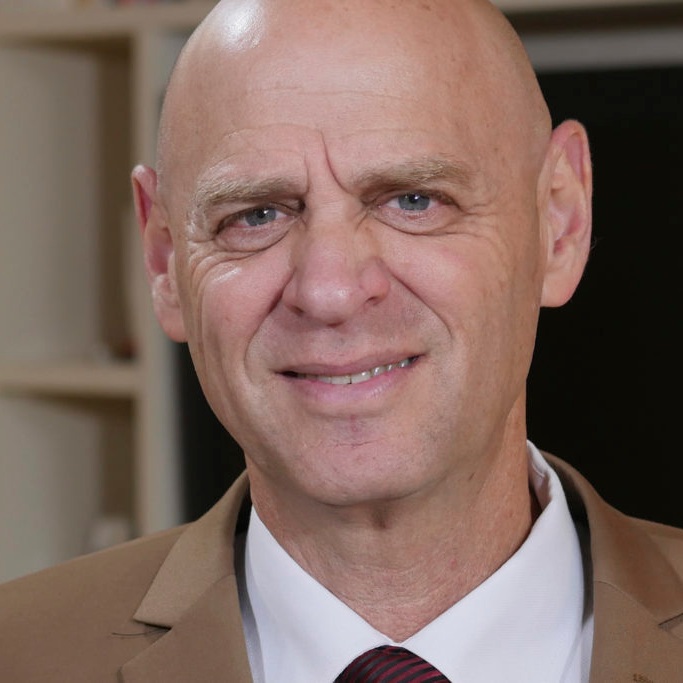By Itai Ater
I listened with interest to the MirYam Institute Podcast discussion between Pinchas Landau and Allan Marks on July 31st, regarding Israel's Economy in the Covid-19 era. I want to briefly touch upon two points that were raised in the conversation, and then discuss a third point that was mentioned but perhaps did not receive enough attention.
1. Mr. Landau asserts that the current 15-20% unemployment rates are first and foremost NOT a macro-economic problem. He explains that many of the newly unemployed are young, low income and unskilled individuals and that the impact of these unemployed individuals on the Economy is not significant, therefore.
I disagree.
The underlying goals of economic policy is the well-being of all individuals in the Economy. If a non-trivial share of individuals in the economy is unemployed then the Economy is facing a huge economic problem, both at the micro and the macro level. This is true irrespective of the education, age and skills of those unemployed. If anything, having many unskilled individuals unemployed implies that the recovery period from the current crisis may be more protracted given that these individuals will find it increasingly difficult to find jobs elsewhere.
Furthermore, due to the rise in unemployment, income inequality can be expected to increase, yielding further negative ramifications on the Economy.
The unprecedented rise in unemployment is clearly, first and foremost an economic problem, therefore.
2. The conversation discussed in length the Israeli balance of payments, which for various reasons improved in recent months. Macroeconomic indicators (e.g., GDP, balance of payments, inflation) are not important in their own right. They become important when they tell us something about the performance of the Economy overall.
Unfortunately, the balance of payments indicator is probably the only macroeconomic indicator that looks somewhat positive at this time. Other indicators (such as unemployment which was discussed above) provide a different perspective. For instance, the Bank of Israel estimates that GDP in Israel will fall by 6% in 2020. Private consumption, the main driver of economic growth in Israel in recent years, has fallen dramatically (per-capita private consumption dropped by 22.2% in the first quarter of 2020). Finally, the government deficit is expected to be at 13% by the end 2021. That large deficit is driven by increased government spending and a drop in government income due to lower tax collections.
The implications of the current crisis are far-reaching. First, unemployment rates are expected to remain high for the next 4-5 years. Second, the government will need to fund its debt through higher taxes and lower government spending on education, welfare and infrastructure projects. While it’s possible that not all measures will be adopted in the immediate to near term, in the world of economics there's no such thing as a free lunch. Someone (the Israeli public) will end up footing the bill for the vast (probably warranted, given the situation) government spending.
3. Many of the adverse implications of Covid-19 are common to many countries. Yet, unfortunately, the Israeli case is further complicated by a dysfunctional government.
Reflecting this leadership crisis is the current disagreement regarding the government budget, and whether the newly formed coalition will pass a budget before August 25th.
Absent a budget by that August date, elections will be triggered automatically, announced and held this coming November. Despite contrary opinions held by nearly all economists - including the Governor of the Bank of Israel - Prime Minister Netanyahu is advocating for a short-term budget for the coming 3 months. Deputy Prime Minister Gantz is seeking a budget that takes us through 2021.
A failure to resolve the budget impasse could well result in the international credit agencies (Moody's, Fitch and S&P) lowering the credit rating of the Israeli government, leading to higher interest rates having to be paid by the Israeli government.
Perhaps even more troubling than looking at a particular macroeconomic indicator is the notion that - unlike the large economic crises that Israel faced in 1985 and 2001-2002 – in this particular scenario, the politicians running the Israeli government, and specifically the current Prime Minister, are distracted by other political considerations - considerations that prevent them from fully focusing on the very real challenge at and helping the economy exit its current state of crisis, bringing it to recovery and - hopefully - prosperity.
Itai Ater is a Professor of Business Economics and Strategy at the Coller School of Management at Tel Aviv University. Itai, born and raised in southern Israel, served as an officer in the IDF's 8200 unit.
















